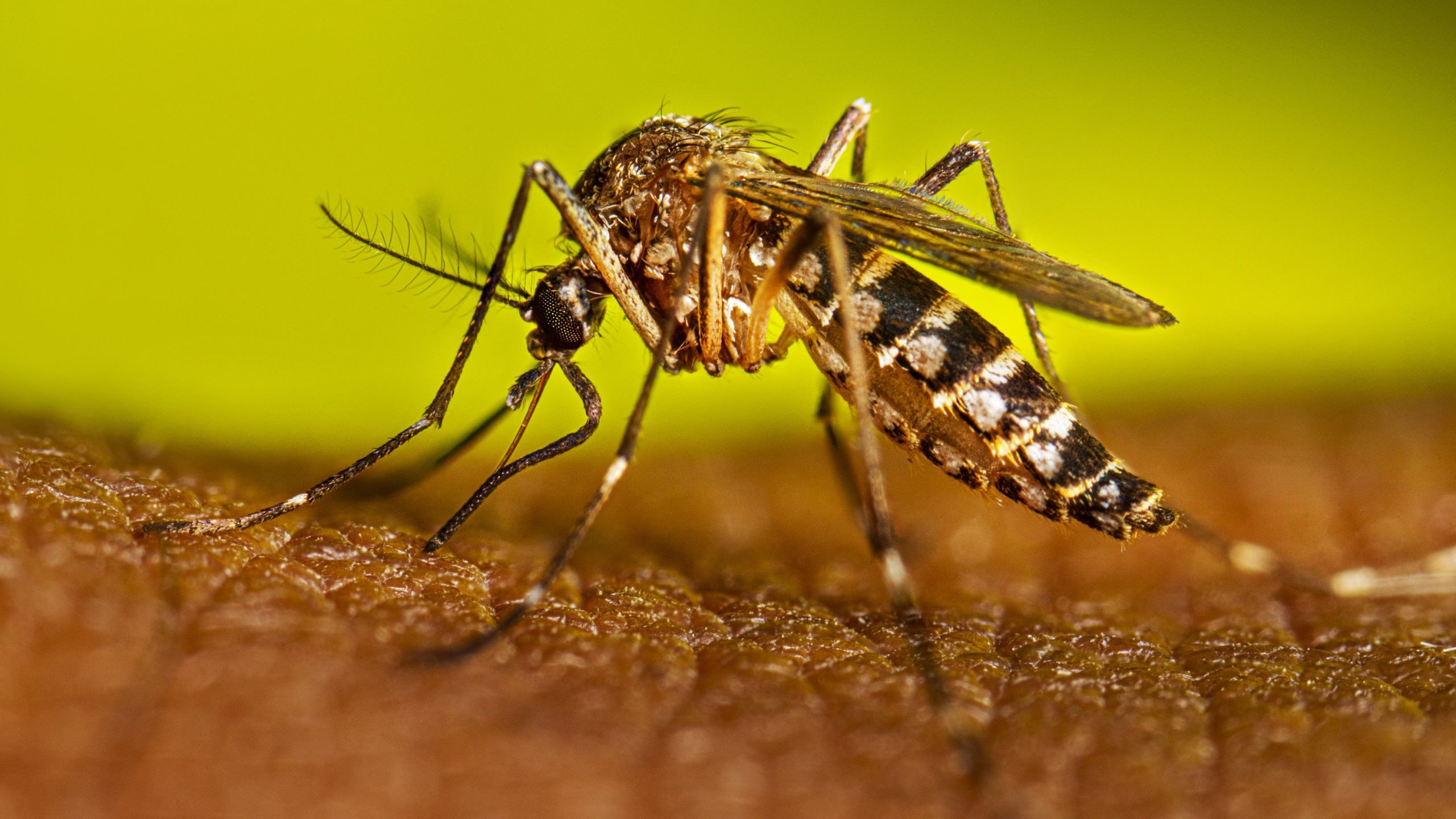As dengue cases continue to rise across Pakistan, healthcare providers must also pay close attention to other growing health threats—especially among older adults. New research links insomnia symptoms and sleep medication use to increased disability risk in seniors, highlighting a major gap in elderly care that Pakistan’s healthcare system cannot afford to overlook.

Study Overview: How Insomnia and Sleep Medications Impact Older Adults
A recent study published in Sleep followed 6,722 adults aged 65 and older over five years. The research focused on how insomnia and sleep medication use affected their ability to function independently. While the study was conducted in the U.S., its findings are highly relevant to Pakistan, where the elderly population is growing, but specialized geriatric care remains limited.
Key Findings: Sleep Issues and Medication Use Raise Disability Risk
- Each increase in insomnia symptom frequency led to a 0.20-point rise in annual disability scores.
- Sleep medication use caused an additional 0.19-point yearly increase in disability—even after adjusting for other health conditions like chronic illness or depression.
- Combining insomnia with sleep medication use worsened disability more than either factor alone. Even minimal use of sleep aids contributed to mobility loss, cognitive decline, and greater dependence.
Why This Matters for Dengue Healthcare in Pakistan
During dengue outbreaks, older adults face higher risks of complications. Many experience sleep disturbances due to fever, discomfort, or anxiety, and may turn to over-the-counter sleep aids without medical guidance. In mosquito-heavy areas, environmental stressors can further disrupt sleep.
This makes it critical for Pakistan’s healthcare system to incorporate elderly sleep health into its dengue response strategies. Non-drug sleep interventions and community education can help protect seniors from long-term disability.
Healthcare Implications for Pakistan
- Promote Integrated Care: Combine dengue prevention, elder care, and sleep health education in public health programs—especially in dengue-prone regions.
- Train Caregivers and Health Workers: Educate family caregivers and primary healthcare staff about the risks of sleep medications in older adults, particularly when managing post-dengue fatigue and sleep issues.
- Support Non-Drug Treatments: Encourage behavioral therapies and good sleep hygiene practices to treat insomnia without medication.
Conclusion: Don’t Ignore Sleep Health in Dengue Response
Dengue healthcare in Pakistan must evolve to meet the complex needs of its aging population. Addressing insomnia and reducing reliance on sleep medications can lower disability rates and improve the quality of life for older adults. A holistic approach—combining vector control, elder wellness, and safe sleep practices—will strengthen Pakistan’s healthcare system and better protect its seniors. For professional help, you may connect with us now!

